SINGAPORE, Sept 22 – The NANYANG MBA of the Nanyang Business School of NTU has moved up to
its all-time best 69th position in the latest global ranking of full-time Master in Business
Administration programs by The Economist.
In Asia (including Australia), this home-grown MBA has again been ranked 6th by the London-based
publication.
At the global level, The NANYANG MBA has moved up two places from its 71st position in last year’s
ranking. Overall, the prestigious program of Nanyang Business School has continuously been ranked
among the top 100 MBA programmes in the world for the past seven years.
“We are very pleased with the latest recognition by The Economist and the fact that our MBA
program has very consistently been placed in the top 100 for several years now,’’ says Professor
Gillian Yeo, Interim Dean of Nanyang Business School.
“Being the top ranked MBA program in Singapore, we are consolidating our position as a good
business school and are on an upward trajectory,’’ Prof Yeo added.
Nanyang Technological University’s MBA has steadily been gaining global recognition. Earlier this year,
it was ranked 27th in the world by the Financial Times in its latest annual rankings.
The global MBA rankings by The Economist and the Financial Times — which uses a different
methodology — are closely followed by international recruiters, companies and potential MBA
students.
“The consistency in our MBA rankings reflects the high quality of our program and this has led to a
steady increase in the number and quality of applications. The fact that The NANYANG MBA is well
recognised globally is reflected in the high proportion of international students we have attracted to
our program. In this year’s full-time class, we have 87% international students coming from 27
countries.” said Associate Professor Chung Lai Hong, the Associate Dean of The NANYANG MBA.
Nanyang Business School admits around 100 students to its full-time MBA program every year after a
rigorous selection process. Another 50 students are admitted annually to The NANYANG MBA program
on a part-time basis.
The NANYANG MBA is taught by an international faculty, over 90 per cent of whom have a Ph.D. The
program is divided into nine core courses and seven electives, which can be grouped into a
specialisation or taken across a wide field as a general MBA.
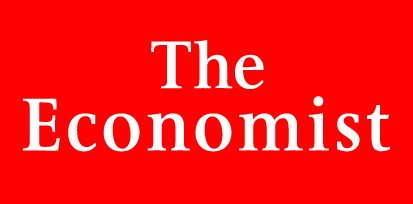

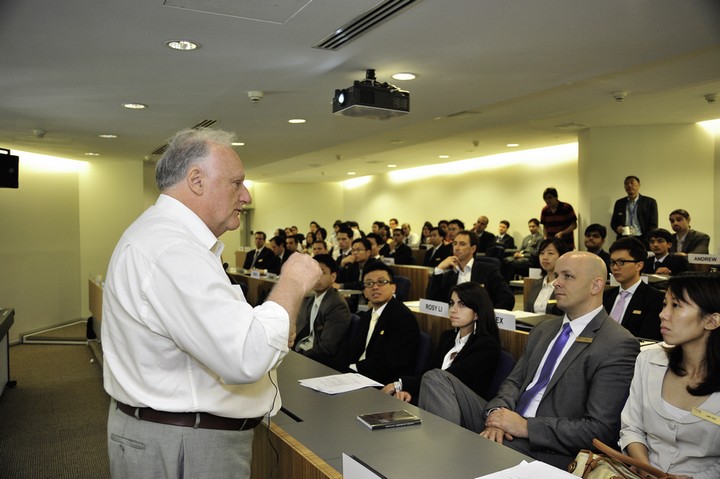
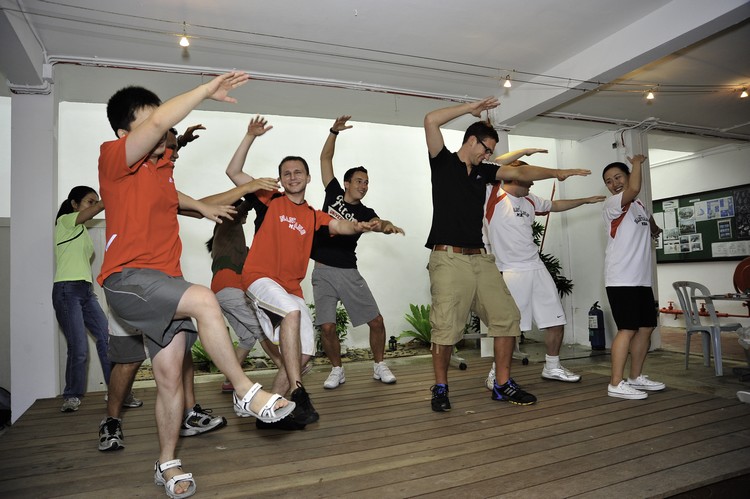
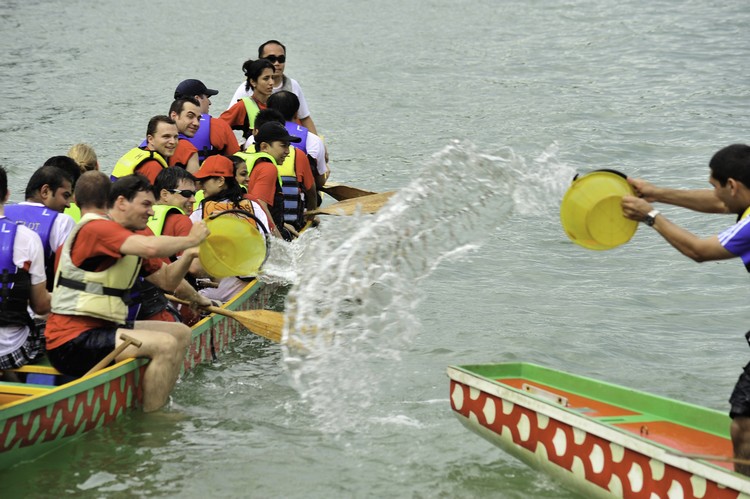
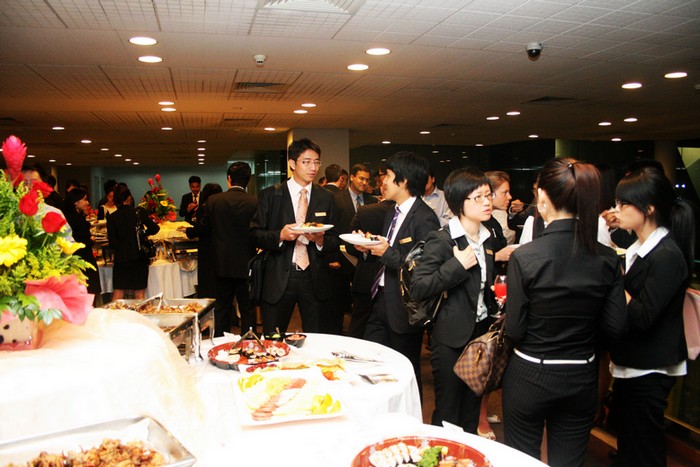
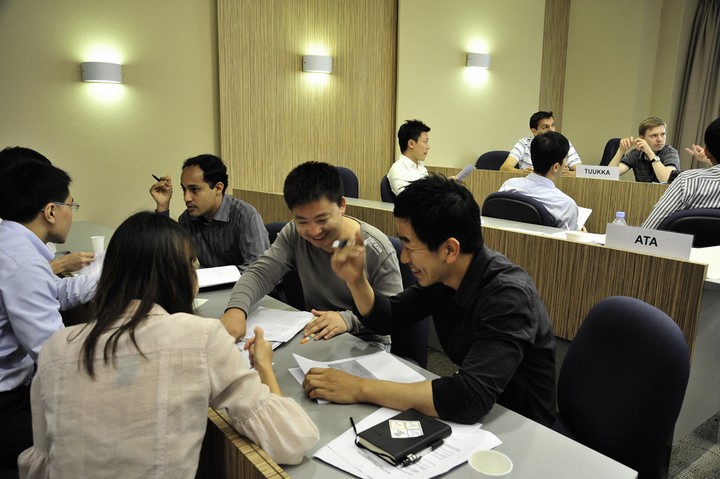

You must be logged in to post a comment.